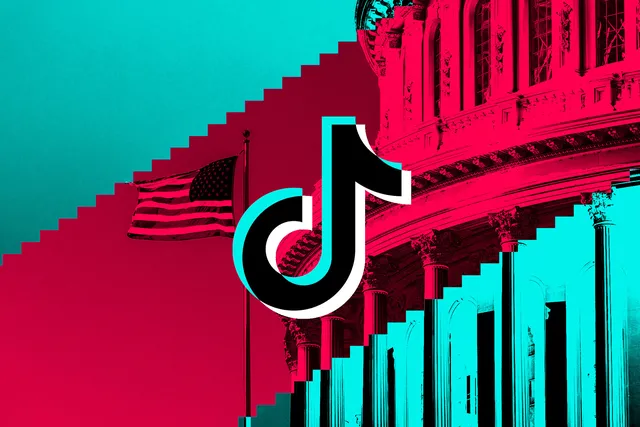The President directs the Department of Justice not to enforce penalties against app stores and other service providers for 75 days.
In a surprising move on his first day back in office, President Donald Trump issued an executive order halting enforcement of the TikTok ban for 75 days. The order directs the Department of Justice (DOJ) to suspend penalties on the Chinese-owned app, effectively giving its parent company, ByteDance, more time to comply with a law that mandates divestment of its U.S. operations.
The order delays enforcement of The Protecting Americans from Foreign Adversary Controlled Applications Act, which required ByteDance to sell its stake in TikTok to a U.S.-based company or face a ban. Trump’s decision, which sidesteps the bipartisan law that came into effect on January 19, 2025, has drawn intense scrutiny and raised legal questions about his authority to override legislation.
What the Executive Order Says
The executive order explicitly directs the DOJ to refrain from taking any action to enforce the law for 75 days, allowing the administration “to determine the appropriate course forward in an orderly way.” It also instructs the Attorney General to issue letters to tech providers like Apple and Google, stating that they have not violated the law and bear no liability for any past actions involving TikTok.
Moreover, the order bars the DOJ from imposing penalties for any violations that occurred prior to the signing of this directive, covering a period from January 19, 2025, onward. Legal experts argue that this sweeping provision effectively protects American companies that have partnered with TikTok, at least temporarily, from massive fines for noncompliance.

A Stark Reversal from Trump’s 2020 Stance
This order marks a stark shift from Trump’s earlier position during his first term, when he issued an executive order banning TikTok due to national security concerns over its Chinese ownership. Now, Trump appears to be attempting to circumvent the very law that codified his earlier efforts into bipartisan legislation.
Before taking office, Trump posted on Truth Social, urging American companies to “keep working with TikTok” despite the looming ban. This move risks exposing companies like Apple and Google to hefty penalties—potentially up to $850 billion—if Trump’s assurances fail to hold up in court.
The Legal Gray Area
Legal analysts are questioning whether Trump’s executive order can legally pause the TikTok ban. The Protecting Americans from Foreign Adversary Controlled Applications Act allows for a 90-day extension if ByteDance announces a sale to a non-foreign adversary-based company. However, no such sale has been announced, and it remains unclear whether the president has the authority to unilaterally delay enforcement without congressional approval.
Adding to the uncertainty, the executive order includes language stating that it “does not create any right or benefit, substantive or procedural, enforceable at law or in equity by any party against the United States.” This clause undermines its reliability as a legal defense for companies that choose to continue working with TikTok during the suspension period.
Risk and Repercussions for Tech Companies
Despite Trump’s directive, tech giants may be hesitant to reinstate TikTok on their platforms. The bipartisan law passed by Congress and signed by former President Joe Biden imposes severe penalties on companies that violate its provisions. These penalties could be enforced up to five years after any violation, leaving companies vulnerable even if they comply with Trump’s executive order in the short term.
For companies like Apple and Google, the stakes are extraordinarily high. Compliance with Trump’s order could mean risking billions in fines, while defiance could provoke the ire of a president known for his unpredictable reactions.
Trump’s Unclear Proposal for U.S. Ownership
Adding to the confusion, Trump declared on Sunday that the U.S. government could take a 50% ownership stake in TikTok through a joint venture with a private company. He offered no details on how this arrangement would work, leaving analysts puzzled and critics questioning the legality and practicality of such a move.
A Political and Legal Quagmire
Trump’s executive order has thrown the fate of TikTok into further uncertainty. While the 75-day delay provides a temporary reprieve for ByteDance and its American partners, it also raises significant legal and political questions. Can the president unilaterally override a bipartisan law? Will tech companies risk compliance with an order that may not hold up in court? And how will Congress and the courts respond to this bold move?
As the clock ticks on this temporary suspension, all eyes are on the administration, Congress, and the judiciary to determine what comes next for TikTok and the broader implications for U.S. tech policy and national security.










